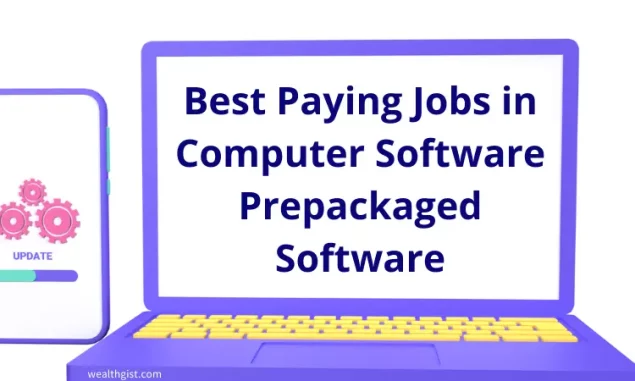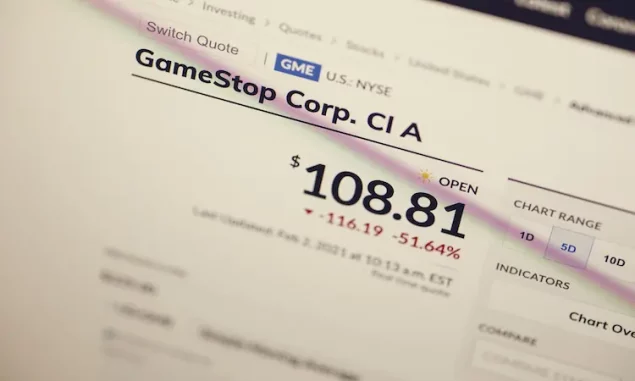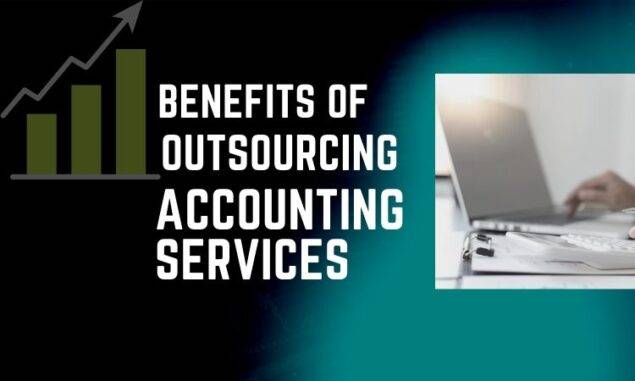You actually stumbled on this post because you needed an urgent answer to the question; what is debt consolidation? Congrats! you are at the right place.
Most loan products have different interest rates, and if what you want is to get the lowest possible interest rate and the lowest possible payment, then debt consolidation is a good idea to consider. With this option, you are putting all your high-interest debts into one low-interest loan, which can make it easier to repay the loans.
This option could be helpful for a lot of people, as there will be just one monthly payment and one due date every month instead of many different payments. This may save you a lot of money each month. However, there are a few things that you should keep in mind with this option, and we will discuss more about them later on in the article.
What is Debt Consolidation?
Debt consolidation is a way to take out one loan or line of credit to pay off multiple debts. Your payments will be made to the credit card issuer or loan provider with whom you have consolidated your debt. This allows you to make a single monthly payment that covers all your debt payments. This may give you a lower interest rate and enable you to pay off your debt faster.
This option can be an excellent way to reduce the stress of dealing with multiple creditors and high-interest rates while allowing you to pay off debt faster. There are a few things that you should keep in mind, however – there are some issues that you need to address before you take this option.
What you need to know is that you are not paying off multiple debts with one loan. Instead, all your payments will be going to the single debt provider with whom you consolidated your debts. This means that if you consolidate credit cards and loans, you will still have to pay off the debts that started your debt consolidation in the first place.
What is a debt consolidation loan?
A debt consolidation loan is a single loan where all of your debts go. If you consolidate your loans, you may be able to lower your payments or get a lower interest rate. However, understanding how a debt consolidation loan works are important in order to determine if it is right for you.
Debt consolidation programs can be helpful to those who have a lot of debt that is hard to manage. This may include credit card debt, medical bills, student loans, or car loans. However, one thing to keep in mind is that this type of loan does not forgive your debt but just moves it over to a new loan. You still have to pay off the debt on your own.
How does it work?
When you take out a consolidated loan, different types of debts can be covered. The purpose of debt consolidation is to allow you to lower your monthly payments and to help you avoid future debt problems by using lower interest rates and one due date.
When you consolidate your debts, all of your debt payments go to a single creditor or loan provider. You will pay off this debt much more quickly if you are paying lower interest rates instead of a higher rate on your other debt.
The reason why this works is that the monthly payment on a consolidated loan is usually less than the required monthly payments on each of your debts. However, this is not always the case. The amount you have to pay off on your other debts may still be higher than what you need to pay on your consolidated loan.
When you consolidate loans, you technically have fewer payments due. Instead of paying several bills with one loan, you will have to pay the same amount on your consolidated loan. This means that your monthly payments may be lower than what you would have been paying on your other debts.
Type of Debt Consolidation Loans
1. Credit card loan:
Debt consolidation on credit cards offers relatively higher rates of interest, and it can pay to consolidate these credit cards into one loan. This is a great option for someone who owes several high-interest credit cards that they cannot pay on time.
2. Student Loan:
If you are carrying a student loan, debt consolidation may help you take out just one loan and avoid some monthly payments. You will have a low-interest rate on the education loan, and this way you will avoid paying off your student loan at a higher interest rate.
3. High-Interest Personal Loan:
A consolidated personal loan is a great option for someone who owes high-interest personal loans. You can reduce the interest rate on your personal loan by consolidating other loans that you owe. One thing about personal loan debt consolidation is that you may not have a choice in the interest rate that you end up paying with this option.
Pros of Debt Consolidation
- It may lower your monthly debts.
- It can save you a lot of interest.
- You have one lender instead of several lenders or creditors. It may not lower the total amount of debt that you owe.
- You will still have to pay off your debt, but you may be able to pay it off faster.
Cons of Debt Consolidation
- You may still have to pay off your other debts.
- You may still be left with high-interest debts.
- You will have to make lesser payments than you normally would, and this could lead to higher interest debt.
Is it a good idea to consolidate your debt?
This depends on your personal situation but we will want you to examine the benefits of debt consolidation below and your current situation for better understanding.
A consolidated loan is a good option for people who have debts that take up a lot of their income. This means that they cannot afford to pay off their debts on time. For example, if you have an income of less than $40,000 per year and you have a high-interest credit card, this loan will save you money in the long run because your interest rate will be lower on your consolidated loan.
Another benefit of debt consolidation loans is that you only have to make a single monthly payment instead of multiple payments every month. This way, you will have more money to use for paying off your other debts. If you have high-interest debts that you cannot pay on time, this type of loan could be a quick fix.
What are the risks of debt consolidation?
When you consolidate your debt, your interest rates may increase even higher than they were before. This could become a problem if you are not paying off your interest rates and only paying off the monthly minimum payment.
Additionally, if your interest rates are higher than you can afford to pay, it is still possible that you will have to take out another loan in order to pay off your debt. The only way to avoid this is to make a conscious effort to pay off your debt on time.
So, you need to consider the risks of consolidation before you decide if you want to consolidate.
Related Post
- How to Know if You Need to Contact a Tax Prep Expert
- 7 Eligibility for Employee Retention Credit: How to file ERC
- What is Debt Consolidation and How Does it Work?
- New Zealand Debt Management (5 Best Wayouts)
- Cosigning A Loan: Everything You Need To Know
- How to deal with debt Collectors when you can’t pay (5 ways)
- 5 Best Credit Card With Cashback Rewards and No Annual Fee
- What is a Credit Score (Everything you need to know)
- How to Pay Off Debt and Save Money – 10 Ways to Clear Debt
- 5 Critical Factors Influencing Online Lending Decision Making
- The Credit App Review – Best to Collect Non-payments?
- Curadebt Review: The Best of 2024?
- Business Line of Credit for Small Businesses – A Good Move?
- Credit Repair Cloud Review – Is it worth it?
- The Credit Pros Review (2024) – Is it Legit?
- Sky Blue Credit Repair Review | Best in 2024 ?
Summary
Debt consolidation can be a great idea for those who have a large amount of debt that they have to pay off monthly. It may help you lower your monthly payments, and it can also be a great option for people who are having trouble paying off their debt.
However, as with most things, there are also some risks involved. If you don’t pay off your debt on time, you could end up in just as much debt as before. It is possible that you could even end up worse off than before.








